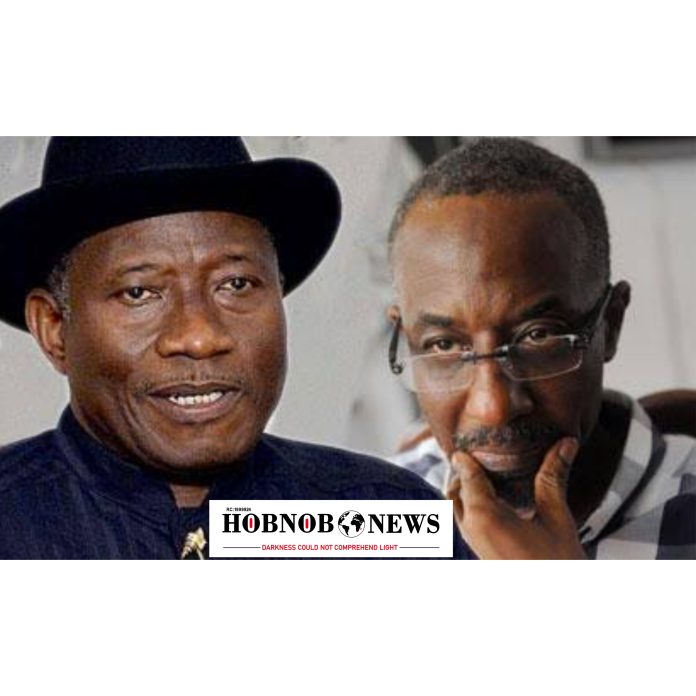Former President Goodluck Jonathan has revisited the 2014 claims of missing oil money, asserting that the narrative of $49 billion missing from government coffers under his watch is untrue.
At the launch of “Public Policy And Agent Interests: Perspectives From The Emerging World,” co-authored by former Finance Minister Dr. Shamshudeen Usman, Jonathan addressed allegations made by Emir Muhammad Sanusi II, former Central Bank of Nigeria (CBN) Governor.
Sanusi claimed he was sacked for blowing the whistle on the missing funds. However, Jonathan clarified, “He was not sacked, he was suspended because the Financial Reporting Council queried the expenditure of CBN. And there were serious infractions that needed to be looked at.” Jonathan explained that Sanusi’s tenure elapsed before the investigation was completed.
Jonathan emphasized the impossibility of $49 billion going missing without significant consequences, given Nigeria’s budget was around $32 billion at the time. He recounted being confronted by German Chancellor Angela Merkel over the issue, explaining that such a large sum couldn’t be stolen from a struggling country.
Jonathan noted that Sanusi later changed his narrative, reducing the amount from $49 billion to $20 billion and then $12 billion. He stated, “Till today, I am not convinced that the Federal Government lost $49.8 billion.” PriceWaterHouseCoopers (PWC) investigated the matter and found no evidence of the $49 billion theft, but discovered $1.48 billion was unaccounted for by the NNPC.
The Senate Committee on Finance, led by Senator Ahmed Makarfi, also investigated and found the claims to be untrue. Jonathan said, “Let me mention that I did not agree completely with some issues raised by one of the contributors. But I don’t intend to join issues because he is our royal father. And he is here.”
Jonathan’s remarks were directed at Emir Sanusi II, who was present at the book launch. The former President expressed his disagreement with Sanusi’s claims while acknowledging the value of the book, recommending it for research and policy framing.
The event highlighted the ongoing debate surrounding the missing oil money and the circumstances surrounding Sanusi’s suspension as CBN Governor. Jonathan’s assertions aimed to set the record straight, emphasizing the importance of accuracy in public discourse.
As the launch came to a close, attention turned to Emir Sanusi II, who might respond to Jonathan’s remarks. The exchange underscored the complexities of Nigeria’s economic landscape and the need for transparency in governance.

